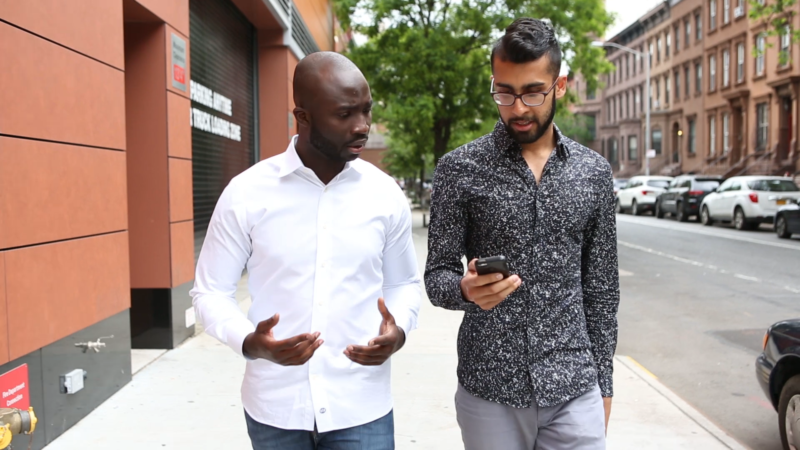This article was originally published on 11/29/2018
Without a rotational savings club, serial entrepreneur Abbey Wemimo would not have been able to afford to attend high school in Lagos. Fortunately, his mom participated in a partnership group through which family and friends contributed to a pool of money and took turns drawing from the total.
Communities throughout Africa and the Caribbean have long leveraged small lending circles, or Susu, as a mechanism to save money. Susus historically served as a financial tool for economic survival against complex financial systems or as a replacement for banking institutions.
Now, Wemimo and co-founder Samir Goel are modernizing this ancient African financing practice with Esusu, an app designed to help people create and manage rotational savings clubs. The team set out to make an impact in the communities where it matters most.
“Rotational savings system is prevalent across the diaspora,” said Goel. “When immigrants move to America they continue to participate in this economic system, but there is no data captured or record of this system”
Goel and Wemimo want Esusu to serve as an empowerment tool for the millions of immigrants in the United States relying on this economic structure as a means to regularly save and borrow money.
Through the app, users can invite friends and family to join a group to make regular contributions towards a savings pot from which each member can withdraw funds. Esusu encourages accountability for users to save with ease and transform their financial futures with the option to build credit as a way to establish trustworthiness.
Since the nature of peer-to-peer banking systems is informal, positive behaviors from consistent participation is not reinforced, explained Goel.
Helping users build credit is one of the greatest value-adds, according to the founders. Esusu can report payment activity to credit bureaus, potentially helping its users build and benefit from a good credit score. The team also uses data to compile an “Esusu Score” to serve as an alternative proof of creditworthiness.
“We help introduce immigrants to the American financial system,” said Goel. “These folks will come to America and they’ll be constantly marginalized.”
The experienced entrepreneurs noted the challenges of building a product and business around a cultural expression common not only across the African diaspora but also in Asia and South America.
“It’s a challenge when two people don’t look like the stereotypical person in the venture capital space,” said Wemimo of engaging potential investors around the idea of Esusu. “But we’re challenging conventional wisdom and tearing down the walls in front of us.”
Esusu–founded in 2015–has raised a seed funding round of $400,000 led by Sinai Ventures since its official launch earlier this year.

